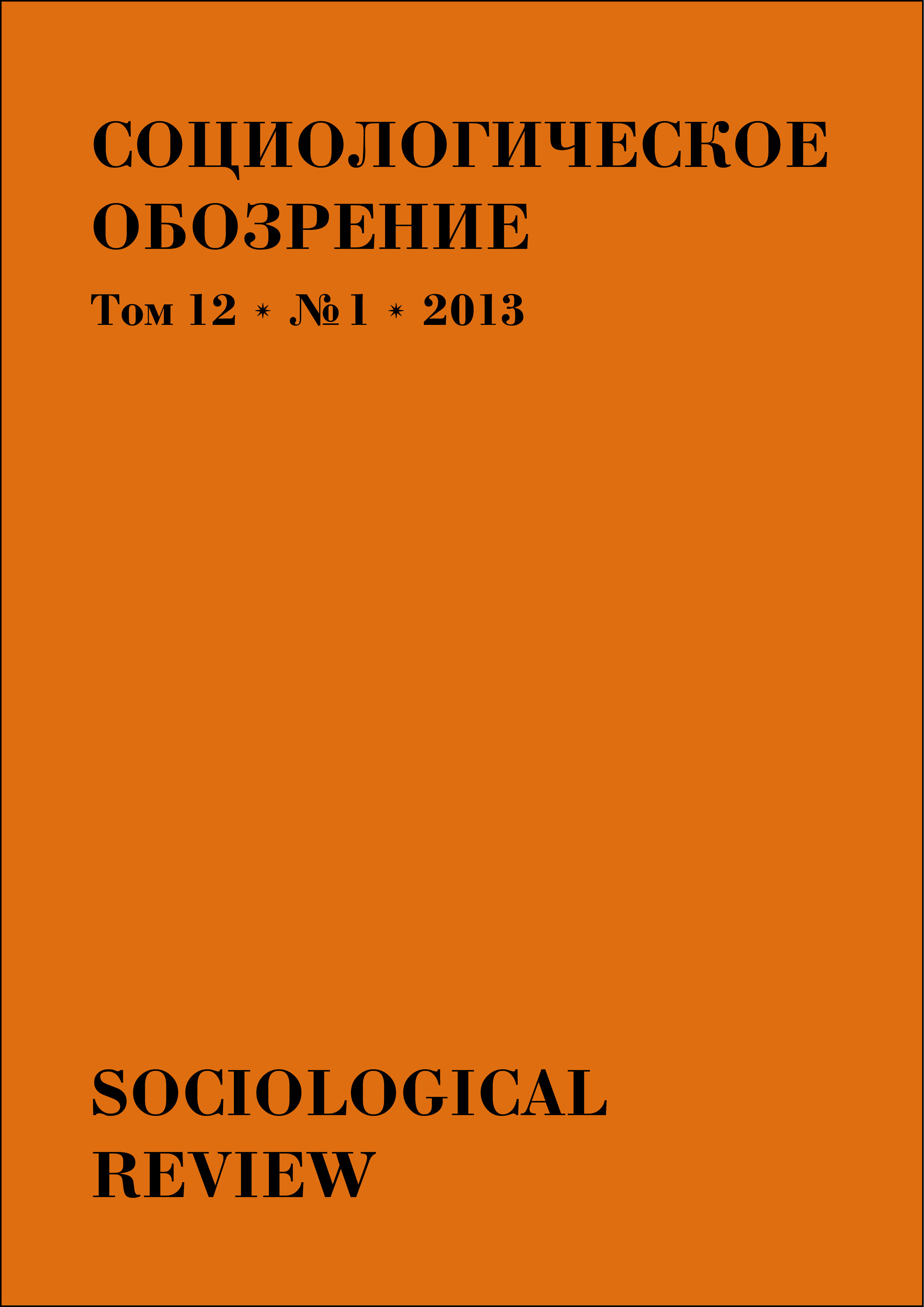Beyond «pure science» and philosophic contemplation
Abstract
During the 20th century there have been many attempts to reconstitute political knowledge as objective, value-neutral empirical science. One of such attempts was the “behavioral revolution” in political science. However, apart from this tendency a different one can be traced: scholars strived to openly acknowledged political goals and values as a factor in their own work. In this case one can speak of “engaged knowledge”. Pierre Bourdieu, a representative of this tradition, spoke of the need to give up an image of the “scholar who locks himself up in his ivory tower” and stop the “flight into purity”. He urged scientists to bring their knowledge outside academia and join social movements. In the similar vein Michael Burawoy emphasized the necessity to make sociological knowledge available to the wider public. The article reveals the ways in which engaged knowledge distances itself from the image of political and social scholarship as “pure science” as well as from the approach of political philosophy with its emphasis on philosophic contemplation. This perspective opens up the way for the analysis of Max Weber’s ideas on the value neutrality of scientific knowledge, essential features of the “behavioral revolution” in political science, as well as Leo Strauss’ views on the nature of political philosophy. The article develops the ideas of feminist standpoint epistemology, which is contrasted with the scientist’s “gaze from nowhere” and philosopher’s “gaze from above”. Finally, the article gives account of the problematic relation between engaged knowledge and the Marxist tradition.




